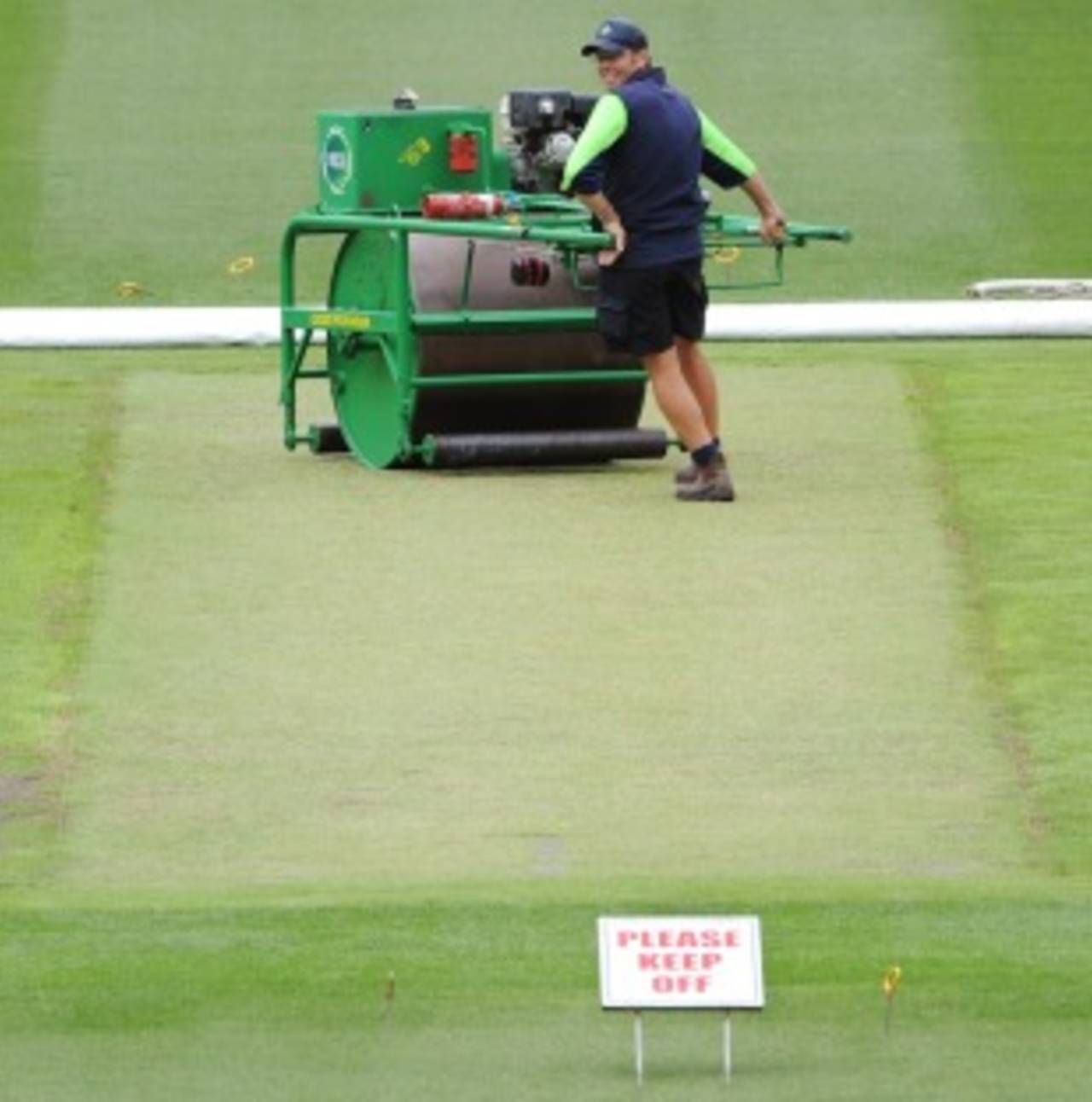I'm no doctor, but I've learned a thing or two from television. For instance, hospital dramas have taught me that any diagnosis made by a minor character in the first 20 minutes is always wrong, and that if a man carrying a chainsaw climbs a rickety ladder before the theme music has faded out, he'll be gushing arterial blood in an emergency room by the first ad break.
I've also learned, from many hours watching fictional forensic scientists slice up bodies in badly-lit morgues, that it's good form to wait until the patient is dead before starting the post-mortem. It's just as well then that most cricket journalists are in their current jobs and not wielding the autopsy scalpel. Australia's Ashes campaign is still warm(ish), yet already the amateur surgeons are clustering around, offering up causes of death, unencumbered by logic, and apparently unaware of the principle of Occam's razor.
"Maybe England's team was just better than Australia's?" says a wide-eyed, wet-behind-the-ears journalist to his senior colleague.
The other man shakes his head. He's a maverick. He's seen things. He once shared a lift with Ian Chappell. He's filed more expense forms than the likes of us have had hot lattes.
"No. This goes much, much deeper."
"Are you sure? I mean, on the face of it..."
"Trust me, what we're looking at here is a dramatic plot of unimaginable depths, which only a wise, ruggedly handsome maverick journalist like myself can possibly fathom."
"So who did it then?"
"I don't know. But I've got a few ideas."
All of this wild journalistic speculation reminds me of the years when English cricket lay barely twitching on the slab, whilst onlookers shouted out random theories. The train of Australian cricket thought is clattering along a familiar, circular track. Denial. Anger. Blame the grass.
Yes really. It was with some nostalgia that I read over the weekend that the cause of Australia's recent defeats is the state of underfoot conditions back home. I can remember the Cabbage Patch years of the late 1980s, when English failures were attributed to the greenness of our pitches. You remember how the argument went. Bowlers can get wickets with any old rubbish, and batsmen are nervous wrecks who fear every ball will be their last.
So you turn all your pitches into roads, but then you find your batsmen can score centuries with their eyes closed, and your bowlers are punch-drunk pie-flingers who can't remember what a wicket looks like. And still your Test results don't improve. Fiddling with pitches didn't help England back then, and there's no evidence it will help Australia now.
Fortunately, journalists have another suspicious-looking elderly cat lover tied up, ready for the stake. It's everyone's favourite scapegoat: T20 cricket. Playing all that exciting, well-attended, lucrative cricket has turned Australia's finest into slap-happy sloggers with attention spans of five-year-olds. Stands to reason, doesn't it. Case closed.
Still, for the sake of balance, we ought to point out that the first domestic T20 tournament was played in England in 2003, since which time England teams have topped the rankings in all three formats and won three (soon to be four) Ashes series. The evil IPL began in 2008, and yet in the last five years, India have been the top-ranked Test team, won a World Cup and a Champions Trophy, and introduced a new generation of exciting international cricketers, most of whom became famous playing T20.
As any scientist will tell you, correlation does not imply causation, but in this case, there isn't even correlation.
I am not a journalist, but if you'll indulge me, I have my own theory. It's not particularly exciting, but there it is. Sometimes one team is better than another team. More often than not, the better team wins. If the losing team wants to alter this state of affairs, they are advised to pursue one of three strategies:
1. Play better.
2. Pick better players.
3. Devise a tactic, designed to physically incapacitate the principal players on the opposing side that, whilst unethical, is not, strictly speaking, illegal. (see Jardine, D)
Andrew Hughes is a writer currently based in England. He tweets here
